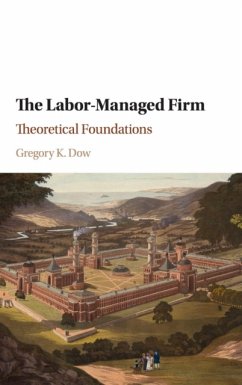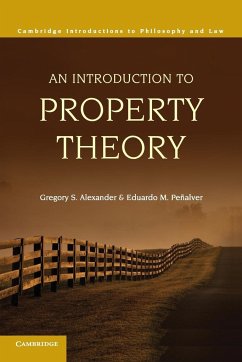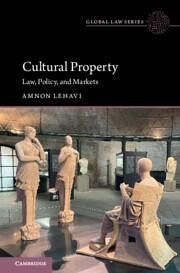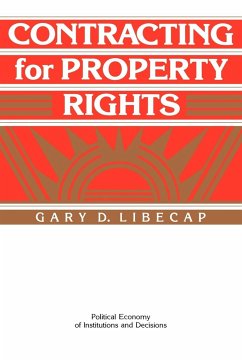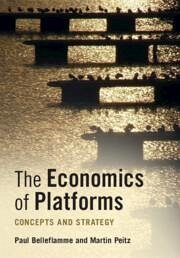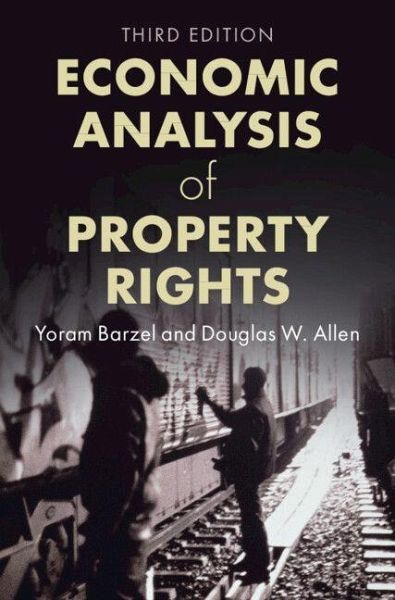
Economic Analysis of Property Rights
Versandkostenfrei!
Versandfertig in über 4 Wochen
28,99 €
inkl. MwSt.

PAYBACK Punkte
14 °P sammeln!
This book is the first to lay out the detailed relationship between economic property rights, transaction costs, and information costs. It uses these concepts to develop a theory of economic property rights to explain why life is organized the way it is. Applications range from marriage and dueling to homesteading and ownership of wildlife.







